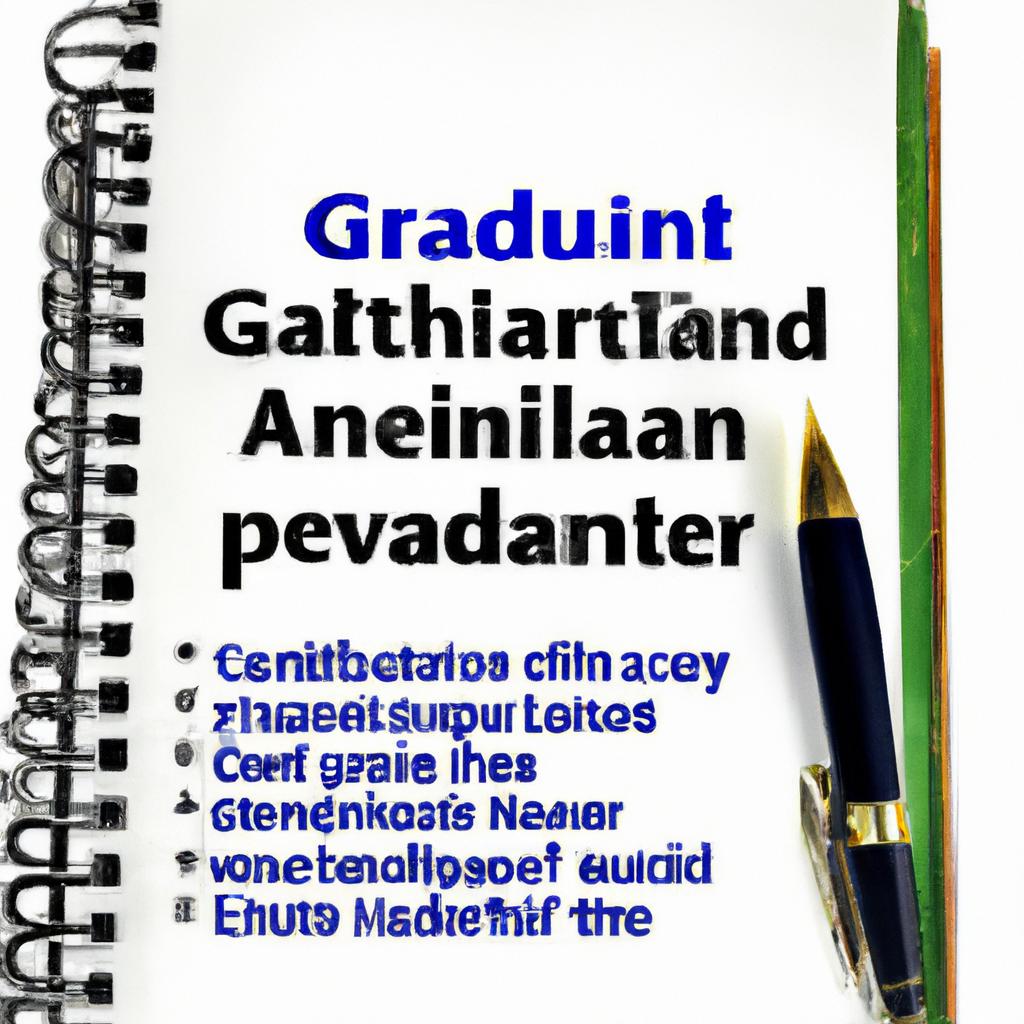In the intricate realm of probate proceedings, the role of a guardian ad litem stands as a beacon of impartiality and advocacy for the vulnerable. Charged with the weighty task of safeguarding the interests of incapacitated individuals, minors, or other parties lacking full capacity, guardians ad litem serve as indispensable guardians of justice and equity within the probate process. At Morgan Legal Group in New York City, we understand the complex nature of probate matters and the vital importance of ensuring that the duties of a guardian ad litem are fulfilled with precision and care. Join us as we delve into the responsibilities of these essential figures in the probate arena and explore the pivotal role they play in upholding the principles of fairness and protection.
Key Duties of a Guardian Ad Litem in Probate Proceedings
As a guardian ad litem in probate proceedings, it is crucial to understand the key duties and responsibilities that come with this important role. One of the primary responsibilities is to act as a voice for the best interests of the incapacitated individual, whether they are a minor, elderly, or disabled. This includes advocating for their needs and preferences throughout the probate process.
Additionally, a guardian ad litem is responsible for conducting thorough investigations into the circumstances of the case, including reviewing relevant documents, interviewing key parties, and assessing the overall well-being of the individual in question. This information is then presented in a detailed report to the court, providing valuable insight that helps inform the legal decision-making process.

Understanding the Role of a Guardian Ad Litem in Safeguarding the Interests of Incapacitated Individuals
Guardians ad litem play a crucial role in safeguarding the interests of incapacitated individuals in probate proceedings. As court-appointed advocates, they are tasked with representing the best interests of those who are unable to make decisions for themselves. This responsibility requires a high level of empathy, communication skills, and legal expertise.
Some of the key responsibilities of a guardian ad litem in probate include:
- Investigation: Conducting a thorough investigation into the circumstances of the incapacitated individual to determine their needs and wishes.
- Advocacy: Advocating for the incapacitated individual’s rights and preferences in court proceedings.
- Monitoring: Monitoring the care and treatment of the individual to ensure their well-being and safety.

Navigating Legal and Ethical Responsibilities of a Guardian Ad Litem in Probate Cases
As a guardian ad litem in probate cases, there are critical responsibilities that must be navigated with care and precision. Serving as a guardian ad litem is a role that requires a deep understanding of legal and ethical obligations to ensure proper representation and advocacy for the best interests of the protected person. It is essential to uphold these responsibilities with integrity and diligence to fulfill the duties of this important role.
Key responsibilities of a guardian ad litem in probate cases include:
- Conducting thorough investigations to assess the needs and circumstances of the protected person
- Evaluating and recommending appropriate courses of action to the court
- Advocating for the best interests of the protected person
- Communicating effectively with all parties involved in the case

Recommendations for Guardian Ad Litems to Fulfill their Obligations with Integrity and Competence
Guardian ad litems play a crucial role in probate cases by representing the best interests of vulnerable individuals, such as minors or incapacitated adults. To fulfill their obligations with integrity and competence, it is essential for guardian ad litems to adhere to the following recommendations:
- Thorough Investigation: Conduct a comprehensive investigation into the circumstances of the case to gather all relevant information and evidence.
- Neutral Advocacy: Serve as a neutral advocate for the individual under their care, focusing solely on their best interests.
- Educate Yourself: Stay informed about relevant laws and regulations to ensure that all actions are in compliance with legal standards.
| Responsibilities | Actions |
|---|---|
| Case Review | Review all relevant documentation and records related to the case. |
| Communication | Maintain open communication with all parties involved in the case. |
By following these recommendations and upholding the highest standards of professionalism, guardian ad litems can effectively fulfill their duties and protect the interests of those they represent in probate proceedings.
Q&A
Q: What is a guardian ad litem in probate?
A: A guardian ad litem in probate is a court-appointed individual who represents the best interests of a minor or incapacitated person during legal proceedings.
Q: What are the responsibilities of a guardian ad litem in probate?
A: The responsibilities of a guardian ad litem in probate include conducting investigations, making recommendations to the court, advocating for the individual’s needs, and ensuring their rights are protected.
Q: How does a guardian ad litem in probate differ from other types of guardians?
A: A guardian ad litem in probate differs from other types of guardians in that their role is specifically focused on representing the individual’s interests in legal matters. Other guardians may have broader responsibilities related to daily care and decision-making.
Q: How does one become a guardian ad litem in probate?
A: In order to become a guardian ad litem in probate, individuals typically must undergo specific training and certification, meet certain qualifications set by the court, and be appointed by a judge to represent a particular individual in a probate case.
Q: What are the potential challenges faced by a guardian ad litem in probate?
A: Some potential challenges faced by a guardian ad litem in probate may include navigating complex legal issues, managing emotional dynamics within families, and ensuring the individual’s best interests are prioritized above all else.
The Way Forward
In conclusion, serving as a guardian ad litem in probate is a critical role that requires compassion, diligence, and a commitment to advocating for the best interests of vulnerable individuals. By conducting thorough investigations, facilitating communication, and presenting unbiased recommendations to the court, guardians ad litem play a crucial role in ensuring that those unable to represent themselves receive the protection and care they deserve. This responsibility is not to be taken lightly, but with dedication and integrity, guardians ad litem can truly make a difference in the lives of those they serve.

